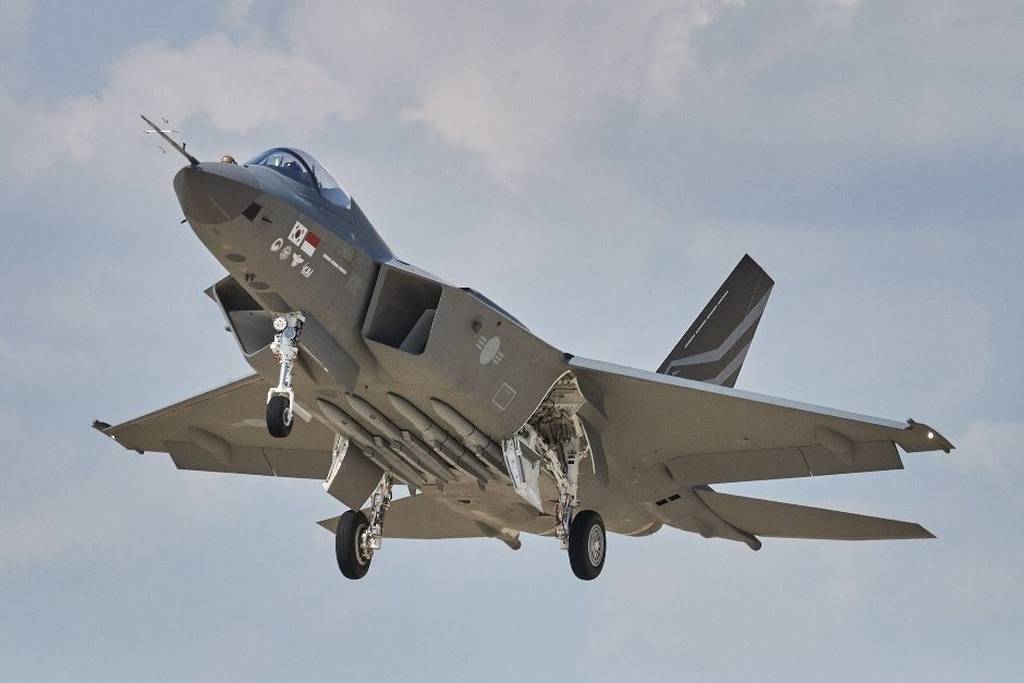
The government established relationships between the military, business and other agencies during World War II. Commodity committees were formed and set allocations, prices, and other controls. The military was a major source of profit for businesses. Companies lobbied to influence political decisions and fought for contracts.
Dwight Eisenhower, mid-1960s, warned that the US military-industrial system was a "grave" threat. He feared the complex would expand in size and exert more influence on US policies. He was concerned that the military would grow in power and be unable to compete with civilian projects. He warned against a "nuclear arms war" and the uncontrolled growth of the military. He also feared the complex would lead to an escalation in the Cold War.
The American military industrial system has a lot of influence on American foreign policies. Its biggest impact is on international arms sales, cooperative production programmes, and multinational corporations within the arms industry. It is underwritten by a political ideology promoting industrial war production. It is interested in maintaining colonial markets, military-strategic views of internal affairs, continual development of weaponry and preservation of colonial market.

The military industrial system is a combination of defense contractors, government bureaucracies and interest groups. The United States Department of Defense has the largest bureaucracy in the world. Conservatives worry that too much military spending can lead to economic disruption at home. They also claim that certain parts of the complex military-industrial may be counterforces.
The United States has developed a global strategy for foreign policies. It has created a system for combating terrorism. In support of this strategy, it has created a military industrial complex. It has also been a hub for corruption and abuse, especially in the area of government contracting. The military industrial complex is an issue that must be addressed. This has a lot of implications for American foreign policy.
There is growing concern over the ties that exist between the military industry and the defense industry. Conservatives worry that the military-industrial complex creates dangerous tensions at home and abroad. Others fear that it can cause economic disruption in the country. But it is still not clear how large a percentage of the civilian population is affected. It's also not clear what percentage of the military is involved.
The military industrial complex is composed of big industrial giants, which become dependent on contracts for profits. They must outdo each other to remain afloat. Their political survival is dependent on their compliance with procurement interests.

Corruption and overruns in government-funded procurement of military supplies have been a problem. Politicians receive money from the military, while the military funds them. In addition, there are a lot of civilians who are unaware of the role that the military plays. It is important that you examine the sources of this money.
Dwight Eisenhower said that military-industrial structures could be "against America's best interests" in his farewell speech. He warned against collusion and for policies that did not benefit American citizens.